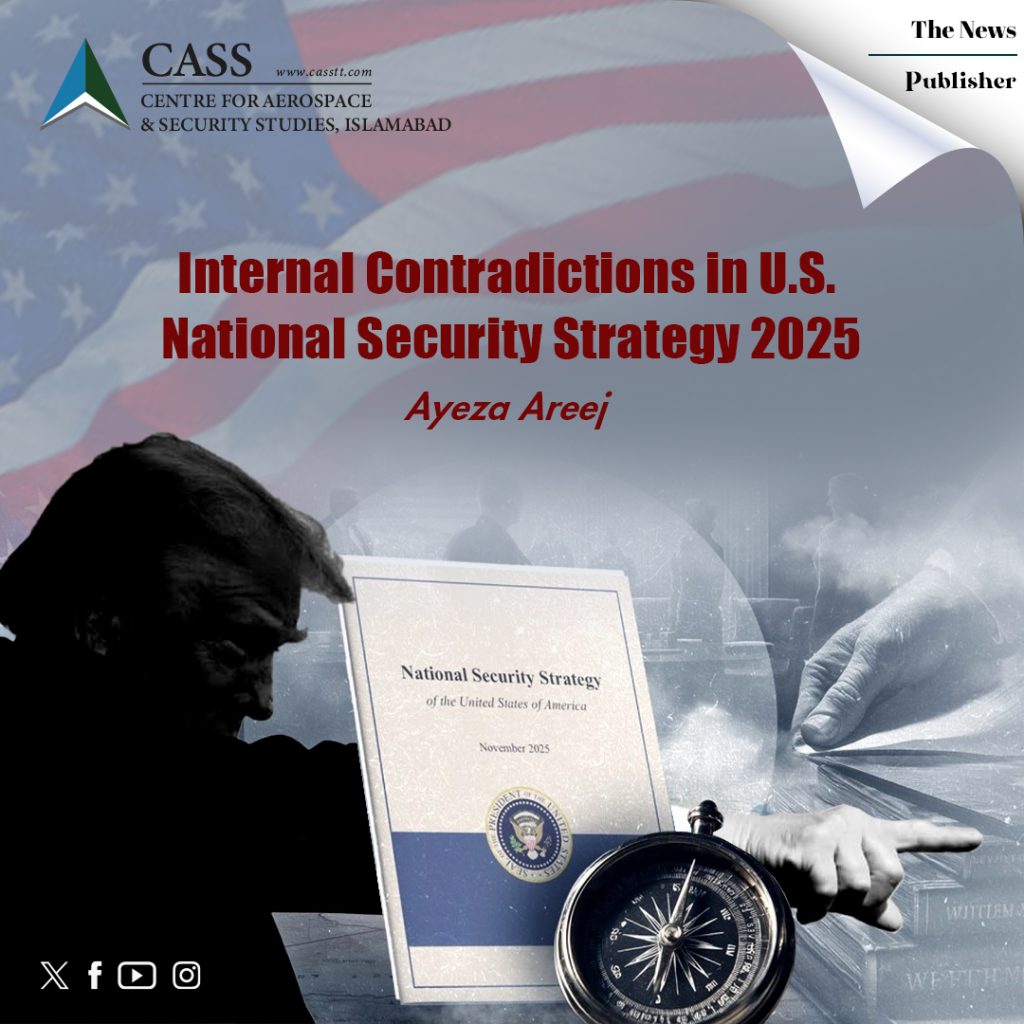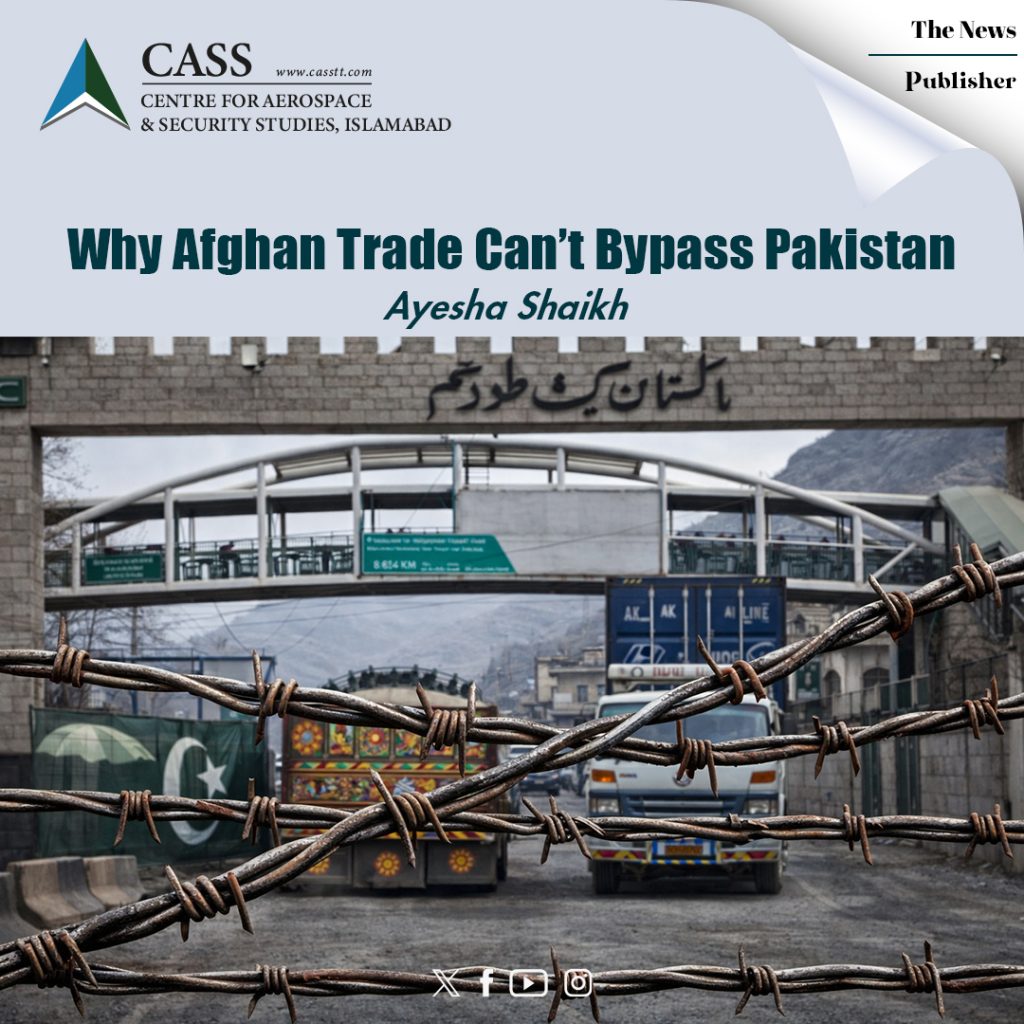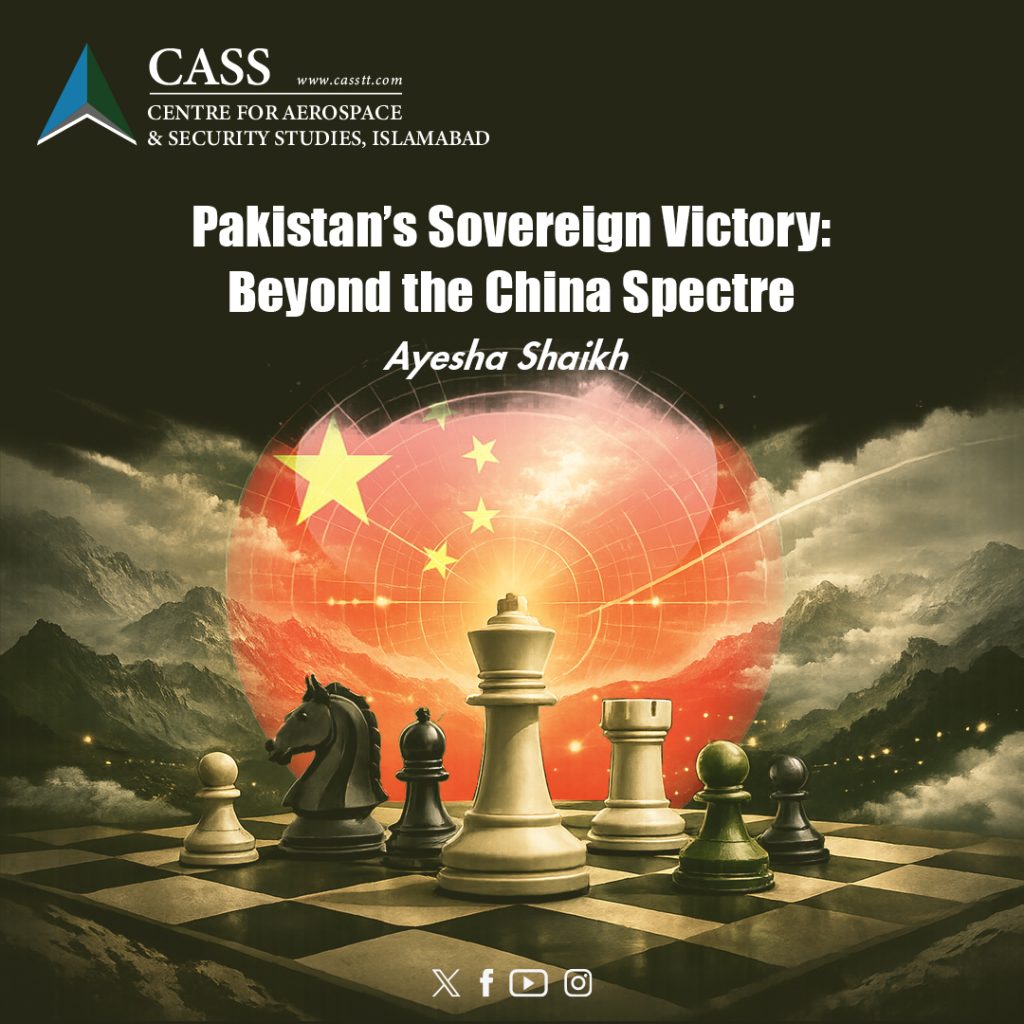While warfare is as old as human history and its basic objectives remain unchanged, its methods, means and techniques have continuously transformed with the evolution of technology. In modern times, the unacceptably high cost of men, material and resources has made hybrid warfare the desired means of attaining national objectives with the concurrent application of kinetic and non-kinetic means. Though this is not a new concept, technological advancements have made this type of warfare more effective and practicable.
Hybrid warfare requires synchronized use of numerous power centres, led by intelligence agencies to target an adversary’s crucial vulnerabilities in political, socioeconomic, and diplomatic spheres at different levels of intensity over time. Combination, blending or a mix of different modes of warfare, such as the use of irregular forces, unconventional methods and multipronged approach to achieve synergistic effects to destabilise, demoralise and disintegrate the adversary, sets hybrid warfare apart from other forms of armed conflict. By combining kinetic operations with subversive efforts and managing the level and intensity, the aggressor also avoids attribution and even retribution.
The key elements of hybrid warfare include proxy, information, economic and cyber warfare, as well as propaganda, terrorist activities, and political and diplomatic coercion. The perpetrators of hybrid war apply these elements singly or in different combinations and manipulate the intensity of each component according to the need of the situation. While applying pressure across the entire spectrum of conflict, the hybrid adversaries however, endeavour to keep the constituents separate to avoid detection by the adversary, thus avoiding attribution and legal implications. In doing so, they take advantage of shortcomings in the national and international laws; which have failed to adapt to the rapid technological advancements and growth of social media tools, which hybrid threat actors use as a means. The hybrid adversaries therefore, aim to create ambiguity to disguise ground reality to obscure the differentiation between peace and war. Responding to such threats militarily thus becomes difficult due to legal and jurisdictional concerns questioning the legitimacy of the response.
Pakistan has been a victim of hybrid war being waged by India for a long time and the problem continues to compound. Our arch-enemy has been exploiting our vulnerabilities—identity conflict, ethnic and sectarian divide, poor economy, poor governance, political instability, weak or non-functional institutions and the like. Some important examples of Indian hybrid warfare against Pakistan in the past include training, facilitation, funding and support for Mukti Bahini for creation of Bangladesh, Agartala conspiracy to destabilise Pakistan and Ganga airliner hijacking incident to stop overflights in the run-up to the 1971 war.
Recent examples include training, support and funding for Baloch separatist groups and MQM, terrorism in Balochistan and Karachi, hydro warfare by violating the Indus Waters Treaty, repeated political coercion by deploying military forces and corrupting international bodies such as FATF to pressurise and isolate Pakistan economically. India has also been very effectively using social media to spread fake news and propaganda to create political, religious and ethnic disharmony, the results of which we evidence every day, in every facet of life in the country. According to an EU-based NGO, EU DisinfoLAb, in the last few years, almost 265 websites related to an Indian company named Srivastava, named after defunct newspapers and media outlets being operated out of 65 countries continue to deliberately project Pakistan negatively to discredit it at international forums on one plea or the other. Indian actions have, therefore, not only created problems inside Pakistan, but have also maligned the country internationally.
There is, thus, an urgent need to understand the dynamics and implications of hybrid warfare since it profoundly affects the national security of Pakistan with serious threats to internal cohesion, socio-economic well-being, culture, and political stability. The areas which require immediate attention include sustained development for a strong economy, realigning our foreign policy to changing geostrategic realities and creating religious, ethnic and interprovincial harmony.
It is, therefore, extremely important for the political leadership in coordination with all state institutions to prudently assess the dynamics and formulate short term as well as long term strategies to effectively counter both external forces as well as their collaborators who use these tools to create disorder and instability from within. In the entire endeavour, taking the nation onboard remains the most important aspect in convincing the potential aggressors of the futility of any forms of pressure.
M Ashfaque Arain is a retired Air Marshal of the PAF who served as Pakistan’s Air Adviser at New Delhi from 2002 to 2006, presently working as Director Strategic Stability and Defence at Centre for Aerospace and Security Studies. [email protected]. This article was first published in The Nation newspaper.





